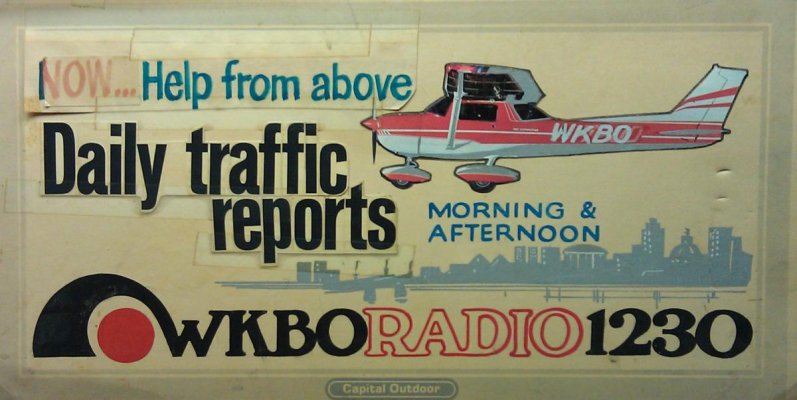Unless you charter the boat or give tours, it would be difficult to write the boat itself off. Believe me, if there was a way to write the boat off without raising audit flags, I would be doing it.
If you made enough money selling the calendars after writing off the production costs, I don't see why you couldn't write off actual expenses like the fuel and moorage you used during the photo shoot.
When I drive to a swap meet or someones house to purchase items for resale, I record the distance and write off vehicle expense at 58 cents per mile. You should be able to do the same with boat expense for the prorated portion while conducting your photography small business.
Don't start a business as a hobby. Just call it a small business, get a business license (deduction), open a business checking account, report your income on Schedule C and you will be able to deduct a wide range of expenses not available to hobbyists. As long as you have positive income for three out of five years. You will sell more product for higher prices if buyers perceive your business as a real business, not a hobby. Especially if you plan to sell online and/or to people you don't know. Open a PayPal account so buyers can safely send and for you to receive payments. And process credit cards.
Keep good records of expenses, selling costs, postage, vehicle miles etc. Don't get greedy with deductions. Deducting non qualifying dinners, inflated charitable contributions, padded miles etc is asking for an audit. Underreporting income is what gets most small businesses in trouble.
Hire an accountant or CPA to do the tax return for the first few years if you are not tax savvy - he/she would be deductible.
Turbo Tax is pretty good with small business and their support and tax advice is invaluable. I used a CPA for a long time when I had multiple Schedule C's but since I'm down to one Schedule C, I've been using Turbo Tax and wished I had started using it sooner. I tested Turbo Tax for two years while still with the CPA by doing my tax return on Turbo Tax at the same time as the CPA. Turbo Tax caught a mistake one year and the following year a metal roof energy tax credit that I did not know I was qualified for and the CPA didn't ask.




